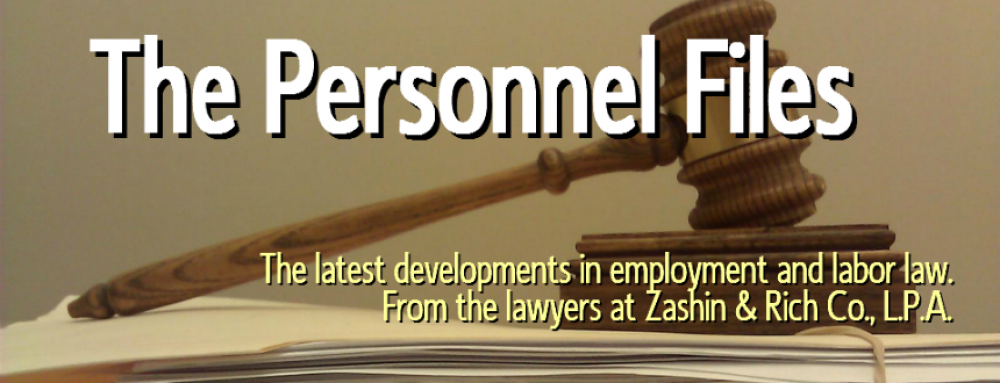This is interesting. The South Carolina Supreme Court last week ruled that keeping old emails stored in webmail was not considered storage “for the purposes of backup protection” within the meaning of the Stored Communications Act.
The Court–in a very short opinion–held instead that “retaining an opened email” in one’s Yahoo! mail account did not constitute “storing it for backup protection under the Act.” Why not? The only explanation offered by the Supreme Court was a reference to the Merriam-Webster Dictionary definition of “backup”:
We decline to hold that retaining an opened email constitutes storing it for backup protection under the [Stored Communications] Act. The ordinary meaning of the word “backup” is “one that serves as a substitute or support.” Merriam-Webster Dictionary, [citation omitted]. Thus, Congress’s use of “backup” necessarily presupposes the existence of another copy to which this e-mail would serve as a substitute or support. We see no reason to deviate from the plain, everyday meaning of the word “backup,” and conclude that as the single copy of the communication, Jennings’ e-mails could not have been stored for backup protection.
In other words, because there wasn’t some other copy of the email floating around somewhere, the email living in Yahoo! webmail was not “backup” of anything.
Hmm…
The Court remarked in passing that its holding essentially contradicted virtually every prior case on this subject, most especially Theofel v. Farey-Jones, 359 F.3d 1066, 1075 (9th Cir. 2004). The Court’s explanation of why it was blowing past this line of prior cases? “[W]e believe the plain language of subsection (B) does not apply to the e-mails in question,” based on the aforementioned reference to the dictionary. The Court also stated, without explanation, that it “question[ed] the reasoning expressed in Theofel that such passive inaction” pertaining to email retention “can constitute storage for backup protection under the SCA.”
What does this holding mean? Well, if other courts adopt the reasoning of this new case, emails and other communications residing in web storage (Gmail, Yahoo! mail, Facebook messages, etc.) would likely be fair game for subpoenas in litigation. Right now, anyone lobbing a subpoena over the bow of Facebook, etc., is likely to get a form letter in response, pointing to the Stored Communications Act and explaining that the Act does not permit a response to the subpoena. This case, if it stands, opens things up a bit. Perhaps a lot.
Incidentally, this new case did not involve a subpoena, but rather a curious someone who hacked into a cheating husband’s Yahoo! mail account “by guessing the correct answers to his security questions.” The emails from said cheating husband were subsequently printed and given to his wife’s lawyer. Lovely.
The case is Jennings v. Jennings, and you can read it by clicking the link below.
